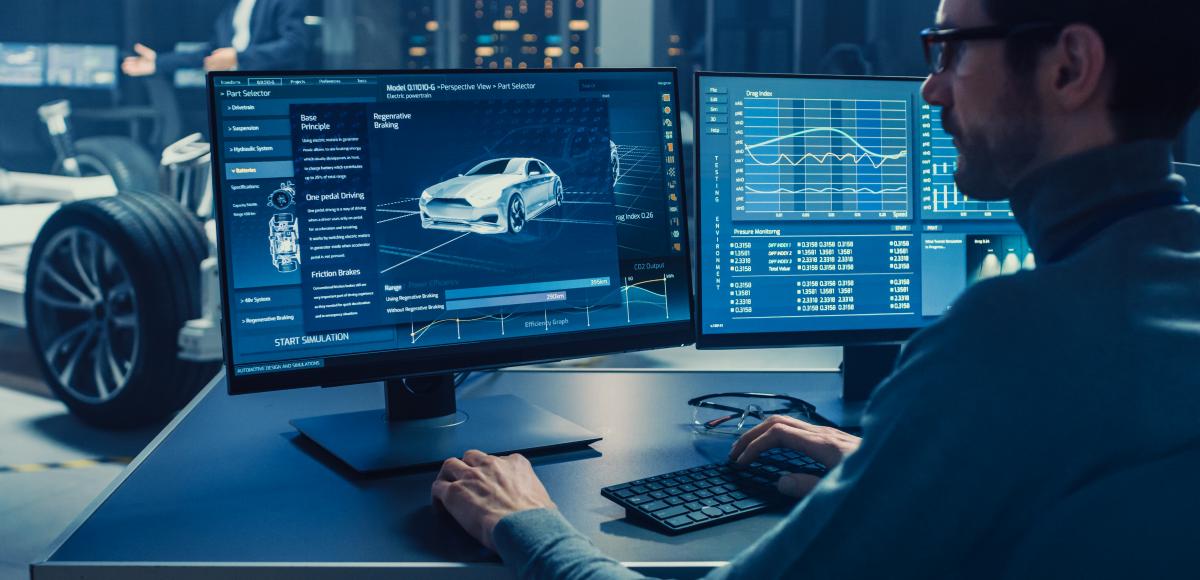
Sustainable options for OEMs
How sustainability forces OEMs to redesign
Sustainability, once a topic “too big to do anything about”, now a personal matter. Consumers are expecting commitment to be proven through action. This is forcing OEMs to redesign their products and business models to fit the new economy; sustainability is built into the core of their products and services, writes Johan Andinsson, Automotive Design & Engineering.
AB Volvo stated in their long-term ambitions that they would be 100% fossil free by 2040 and assured “sustainability at the heart of everything we do”, adhering to the Paris Agreement Commitment. Even the Finnish government stated a strategic target to become a forerunner in the circular economy: ”Everyone should be putting in place a circular economy strategy as part of their consumer-driven mapping.” Sustainability is becoming front and centre on most companies and governments agendas, making it hard to disregard.
Drive change through cross pollination
The sustainability changes are driven by costumer requirements, legislation and innovations. It is in the triangulation of these contexts the sweet spot exist, because of their coexistence and influence on each other. Financial incentives also have a huge impact. For example, the Daimler/AB Volvo Joint Venture, where they will develop, produce and commercialize fuel-cell systems for use in heavy-duty trucks. This will incite the energy producers to find cheaper ways to produce hydrogen and build infrastructure for distribution.
Impact on OEMs?
Well, there is a lot of aspects to keep track on. But to avoid a case of the old “cannot see the forest for all the trees”, you will need to zoom out and try to see the bigger picture, then zoom in on your roadmap and zoom out again to see if it fits…
By designing for ecosystems at the heart of approaching product development, circular economy and supply chains, and by focusing on the end user, you will come a long way. Approaching sustainability as a service integral to your product, not as “window dressing” or a retrofit, is important.
We already see changes in the vehicles being developed, focusing on sustainability. New Energy Vehicles (NEV) are being prioritised, materials are being substituted and optimisation of fuel efficient solutions are being implemented.
Take Electromobility as an example. As most challenges right now, this is multi-layered, since OEMs have to consider the powertrain implementation as well as infrastructure issues, consumer behaviours and attitudes. Staying on top when it comes to legislation, consumers and competition, as well as informing and getting informed in a symbiotic system, is not easy.
When will electric cars be considered the “primary car” in the family, in regards to consumer attitudes? Range anxiety is one of the main barriers for this right now. Battery capacity and charging infrastructure needs to continue to improve. How will governmental incentives further drive the shift to electromobility? The lack of charging options in inner cities is another challenge, as well as levelling out peak hour in the energy grids. And in the corner cases, major holiday season peak demand. At a certain distance from larger cities (such as on the pathway to resorts, beaches, festivals, events) there will be a huge number of vehicles that will need to charge at the same time. Can this inconvenience be mitigated through connectivity and predictive nudging to direct and divert traffic to other areas, in order to level out peak demand?
Also, worth mentioning is the circular economy aspects of electromobility, such as creating a second life for worn out batteries. Although they are not suitable power sources in a vehicle, they could be of use in other areas, or repurposed for new battery manufacturing.
Even if sustainability is a big topic, it is not too big to do nothing.

